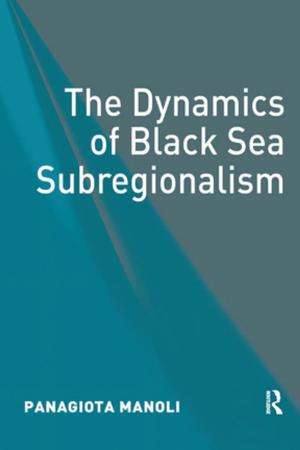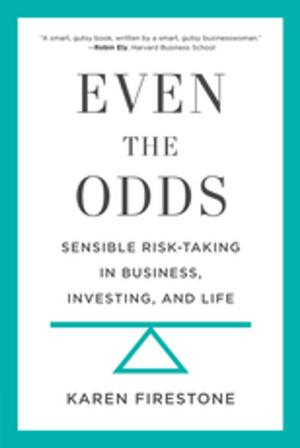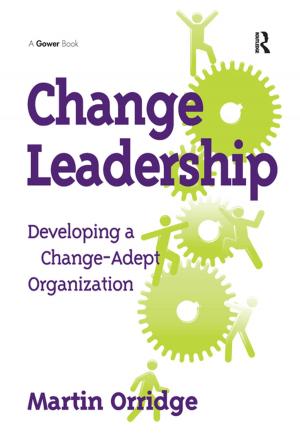Trading Environments
Frontiers, Commercial Knowledge and Environmental Transformation, 1750-1990
Nonfiction, History, Modern, Business & Finance, Economics| Author: | ISBN: | 9781317391616 | |
| Publisher: | Taylor and Francis | Publication: | December 7, 2015 |
| Imprint: | Routledge | Language: | English |
| Author: | |
| ISBN: | 9781317391616 |
| Publisher: | Taylor and Francis |
| Publication: | December 7, 2015 |
| Imprint: | Routledge |
| Language: | English |
This volume examines dynamic interactions between the calculative and speculative practices of commerce and the fruitfulness, variability, materiality, liveliness and risks of nature. It does so in diverse environments caught up in new trading relationships forged on and through frontiers for agriculture, forestry, mining and fishing. Historical resource frontiers are understood in terms of commercial knowledge systems organized as projects to transform landscapes and environments. The book asks: how were environments traded, and with what environmental and landscape consequences? How have environments been engineered, standardized and transformed within past trading systems? What have been the successes and failures of economic knowledge in dealing with resource production in complex environments? It considers cases from northern Europe, North and South America, Central Africa and New Zealand in the period between 1750 and 1990, and the contributors reflect on the effects of transnational commodity chains, competing economic knowledge systems, environmental ignorance and learning, and resource exploitation. In each case they identify tensions, blind spots, and environmental learning that plagued commercial projects on frontiers.
This volume examines dynamic interactions between the calculative and speculative practices of commerce and the fruitfulness, variability, materiality, liveliness and risks of nature. It does so in diverse environments caught up in new trading relationships forged on and through frontiers for agriculture, forestry, mining and fishing. Historical resource frontiers are understood in terms of commercial knowledge systems organized as projects to transform landscapes and environments. The book asks: how were environments traded, and with what environmental and landscape consequences? How have environments been engineered, standardized and transformed within past trading systems? What have been the successes and failures of economic knowledge in dealing with resource production in complex environments? It considers cases from northern Europe, North and South America, Central Africa and New Zealand in the period between 1750 and 1990, and the contributors reflect on the effects of transnational commodity chains, competing economic knowledge systems, environmental ignorance and learning, and resource exploitation. In each case they identify tensions, blind spots, and environmental learning that plagued commercial projects on frontiers.















